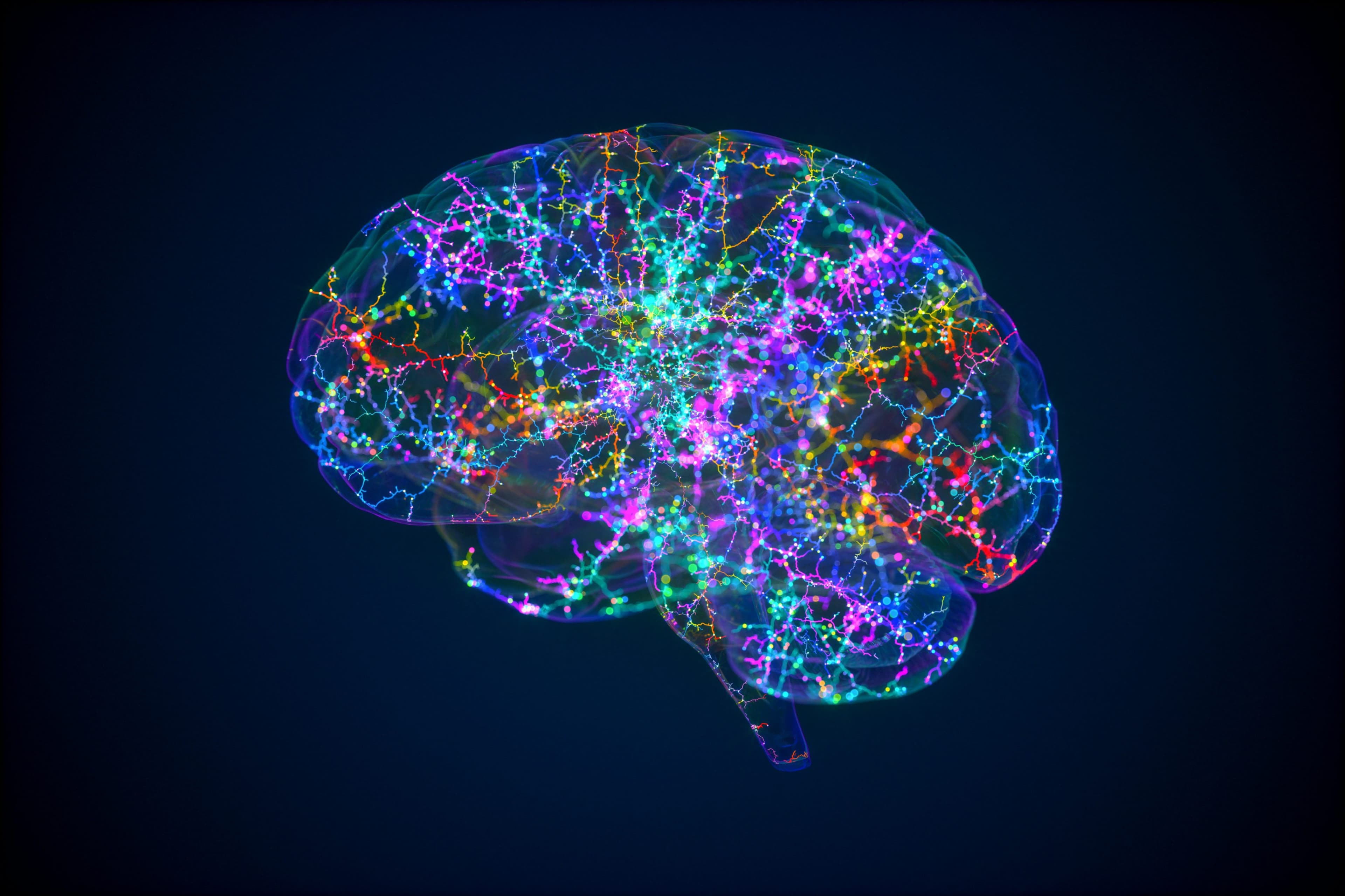
The Science Behind a Child’s Mental Wellness and Emotional Growth
Health and mental wellness are vital components of a child's overall development. While physical health often receives significant attention, mental health is equally important in shaping a child's future. It encompasses emotional, psychological, and social well-being, influencing how children think, feel, and behave. When mental wellness is prioritized early in life, children are better equipped to handle challenges, build positive relationships, and reach their full potential. According to the Centers for Disease Control and Prevention (CDC), promoting mental health in children can lead to improved outcomes in school performance, peer relationships, and long-term well-being1.
Foundational brain development
Early childhood is a critical period of rapid brain growth and development. During this time, a child’s brain is forming connections that support learning, behavior, and emotional control. A child's earliest experiences shape their brain architecture and lay the foundation for mental health throughout their lifespan. Research from the Harvard University Center on the Developing Child emphasizes that early experiences influence the developing brain, with positive experiences promoting healthy development and adverse experiences potentially leading to long-term challenges2.
From my perspective as someone with a strong interest in ch
Read-Only
$3.99/month
- ✓ Unlimited article access
- ✓ Profile setup & commenting
- ✓ Newsletter
Essential
$6.99/month
- ✓ All Read-Only features
- ✓ Connect with subscribers
- ✓ Private messaging
- ✓ Access to CityGov AI
- ✓ 5 submissions, 2 publications
Premium
$9.99/month
- ✓ All Essential features
- 3 publications
- ✓ Library function access
- ✓ Spotlight feature
- ✓ Expert verification
- ✓ Early access to new features
More from 2 Topics
Explore related articles on similar topics





